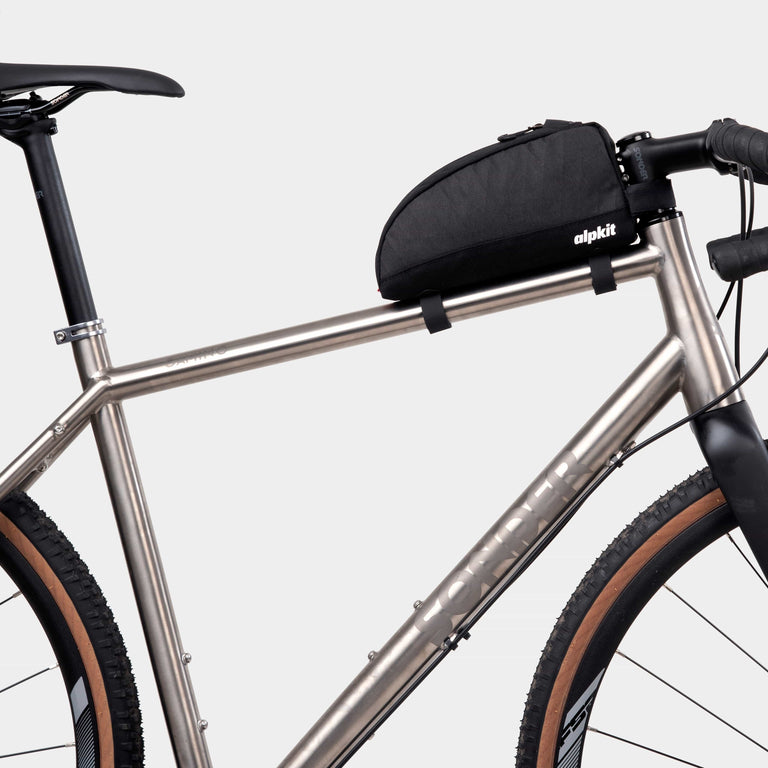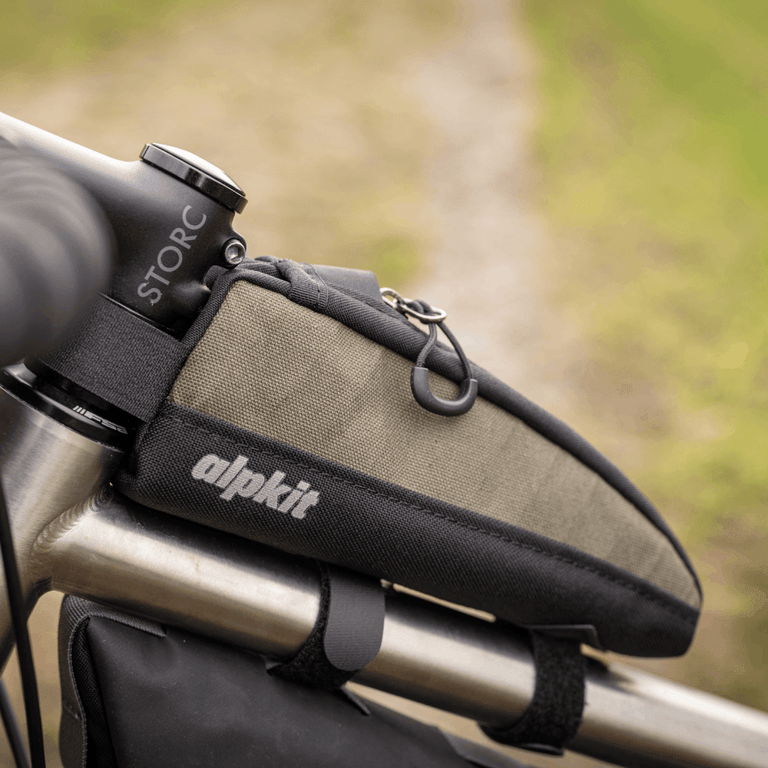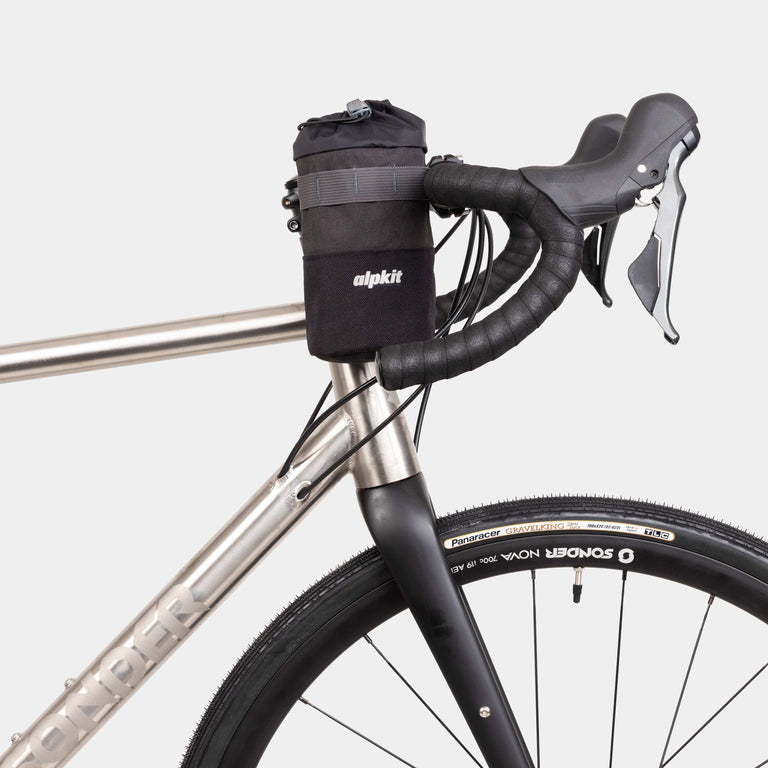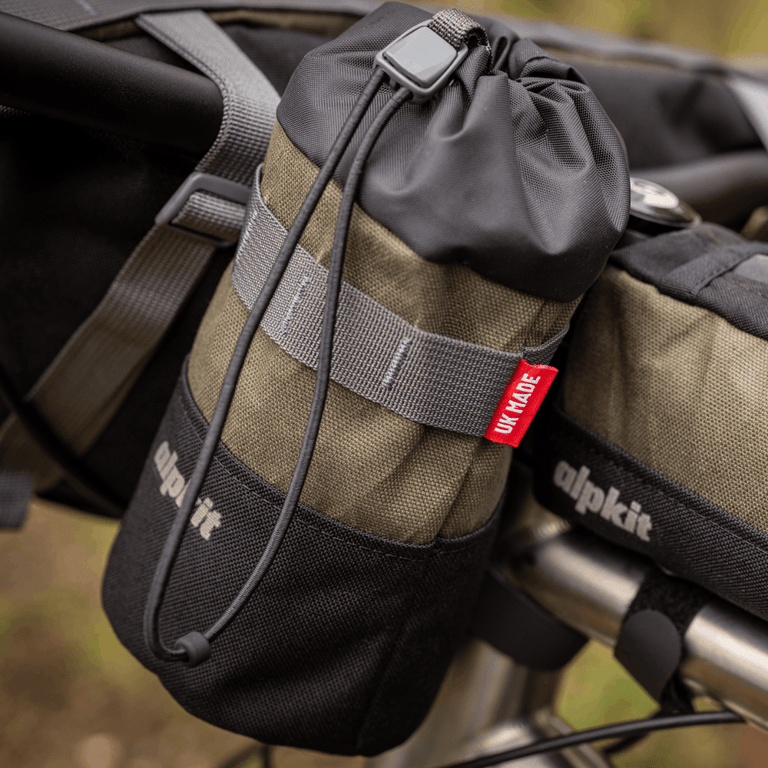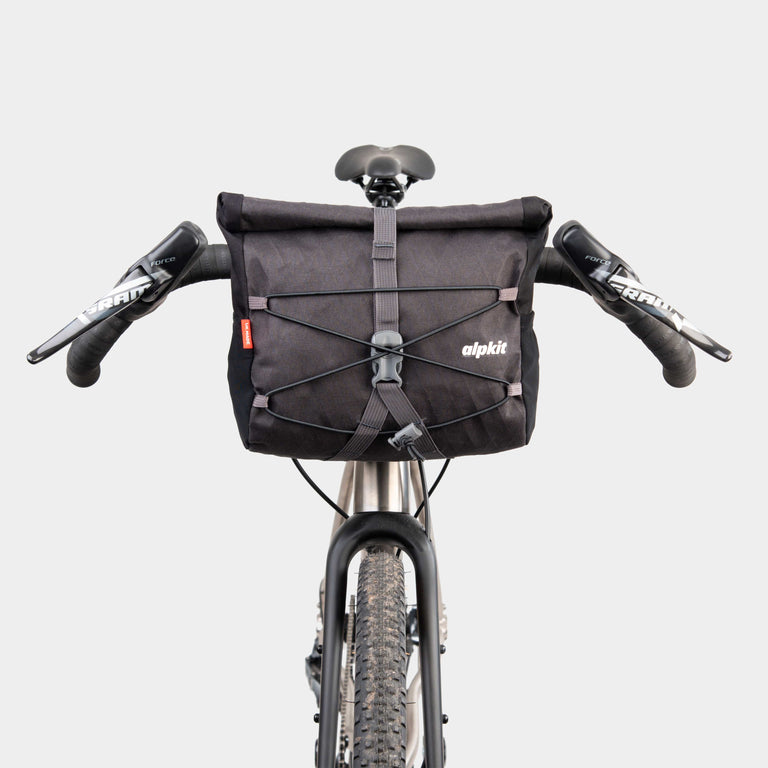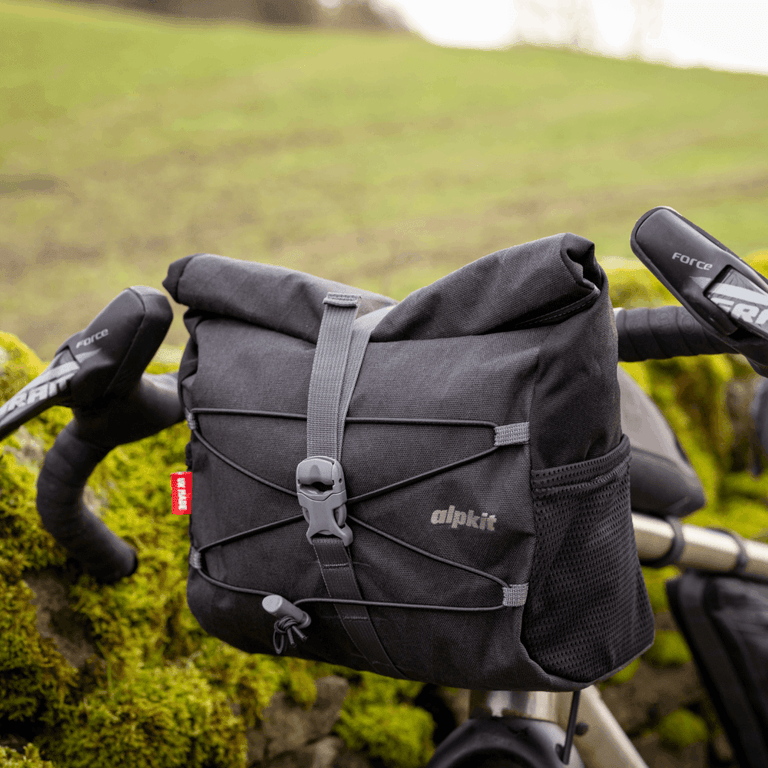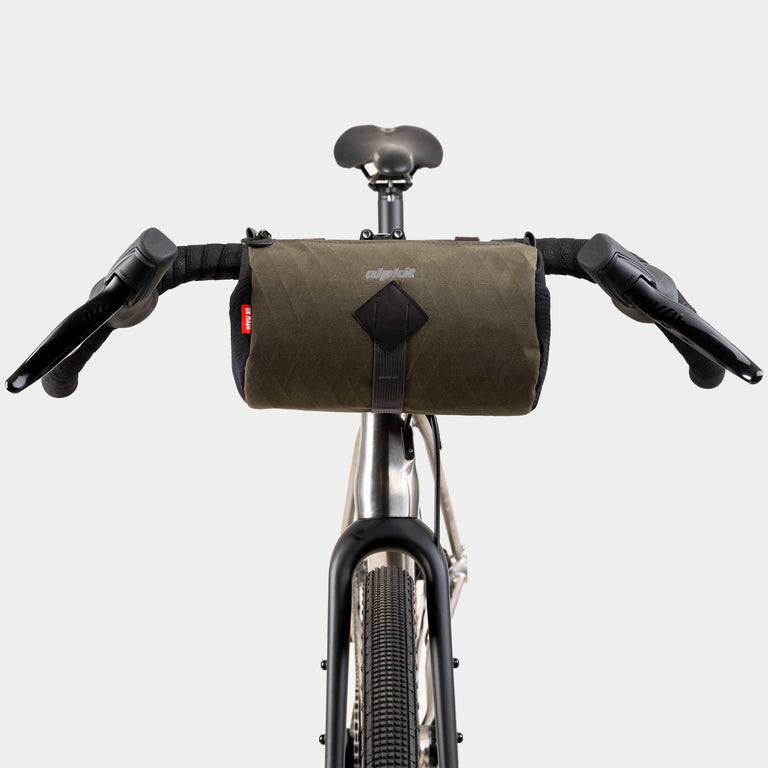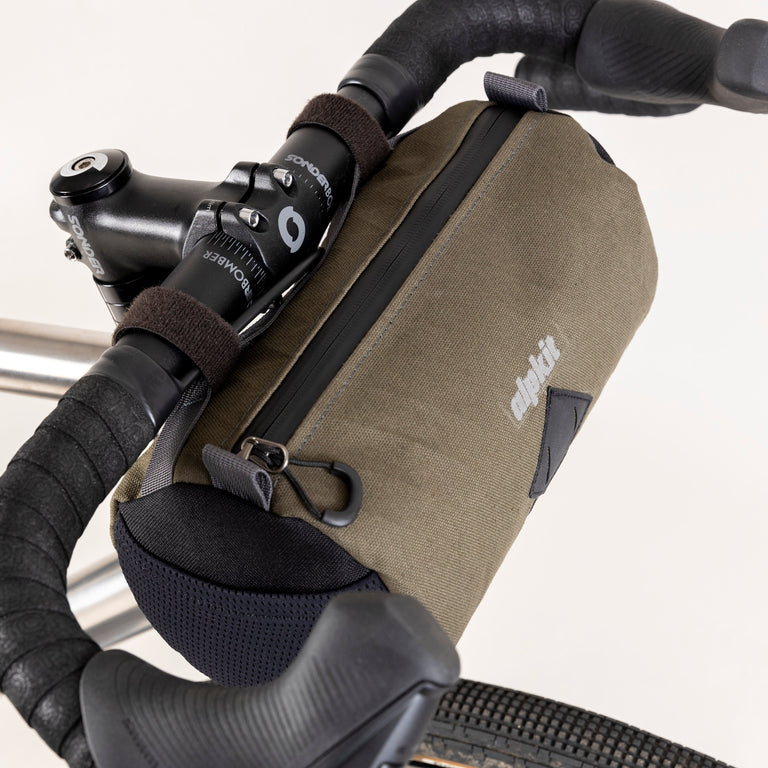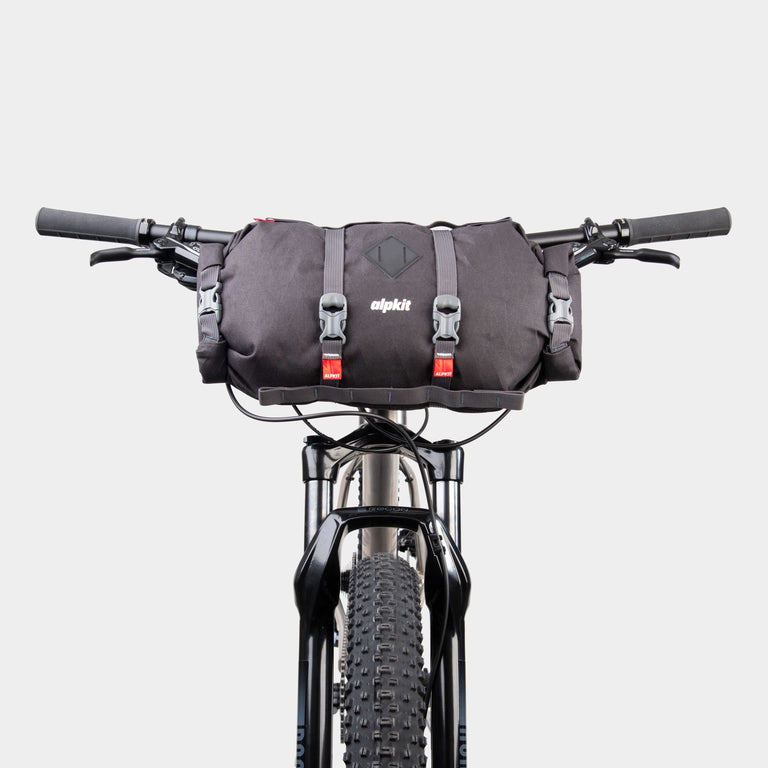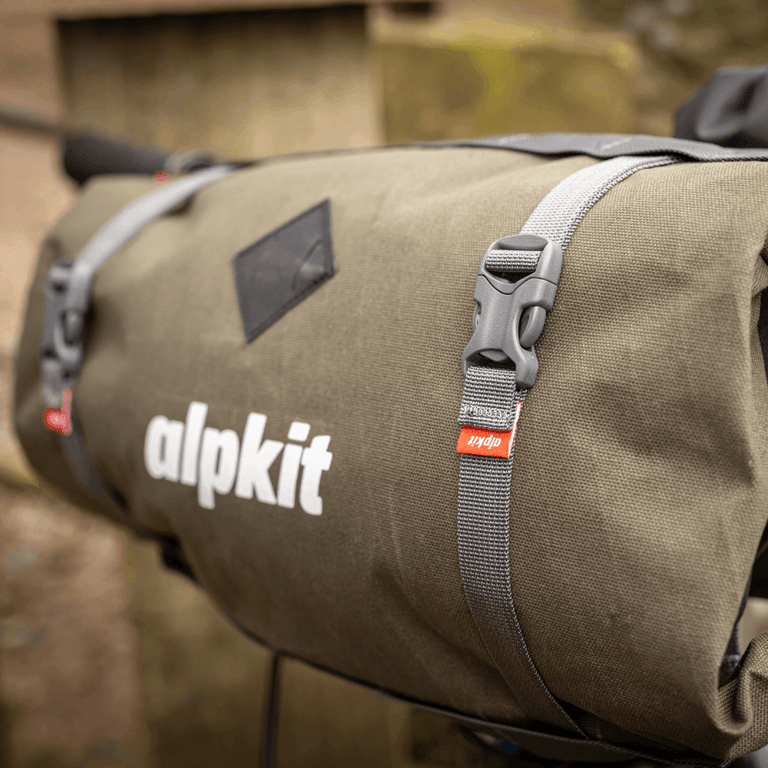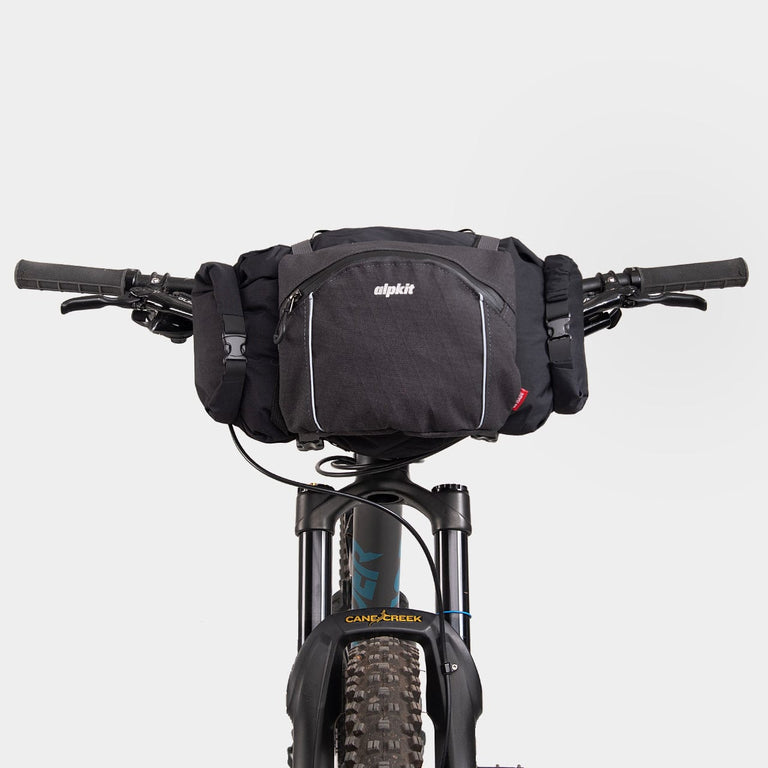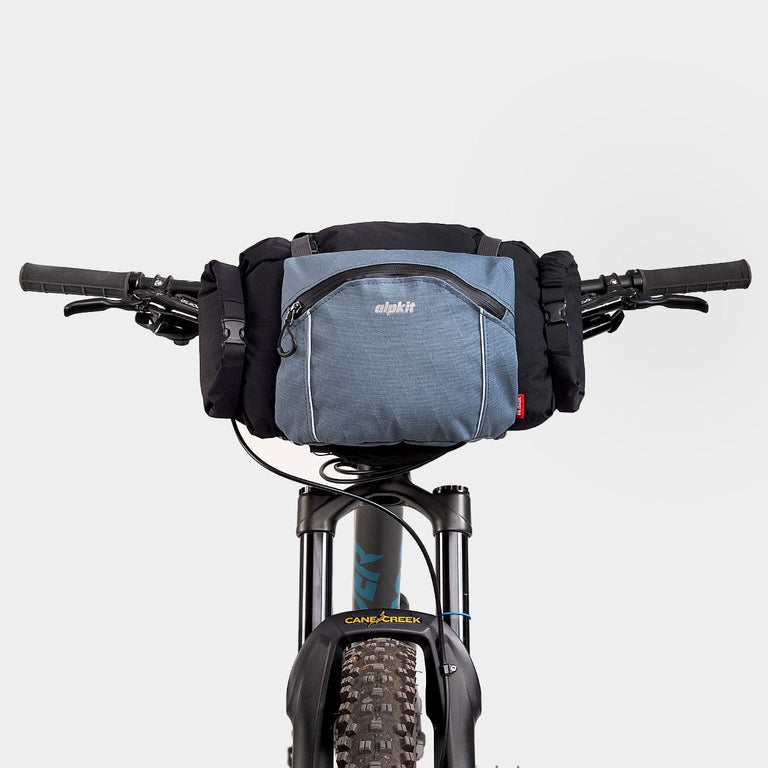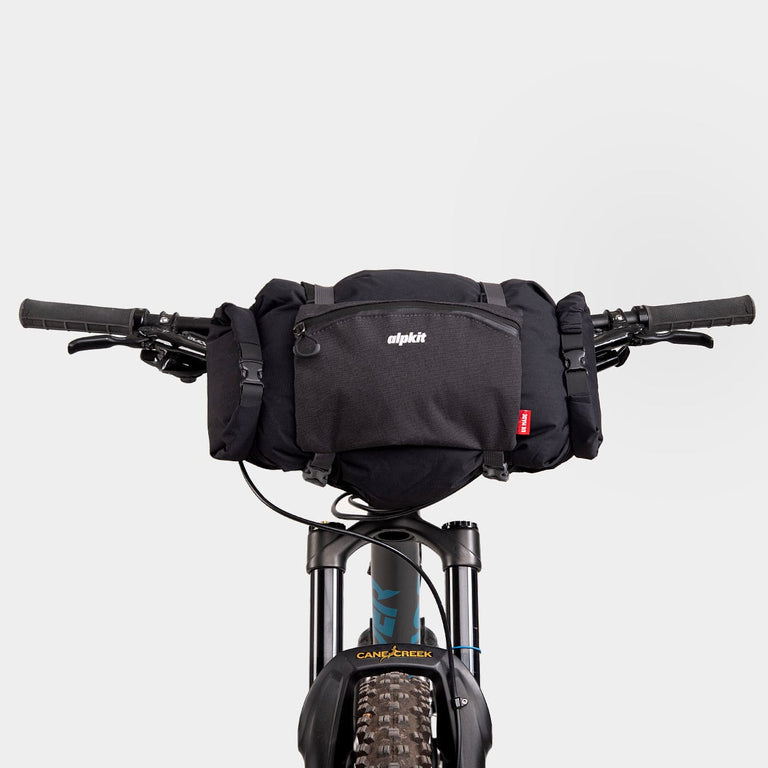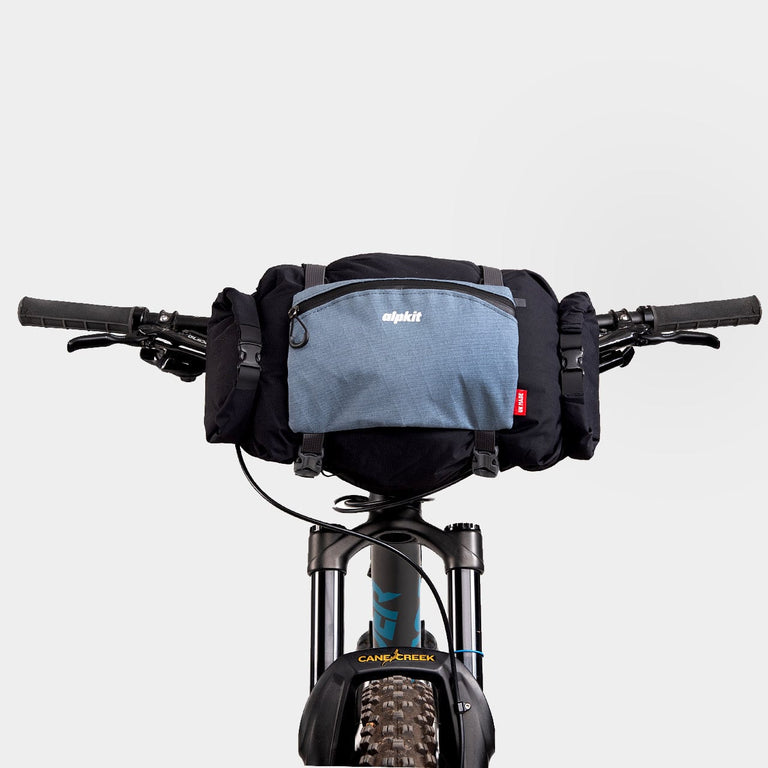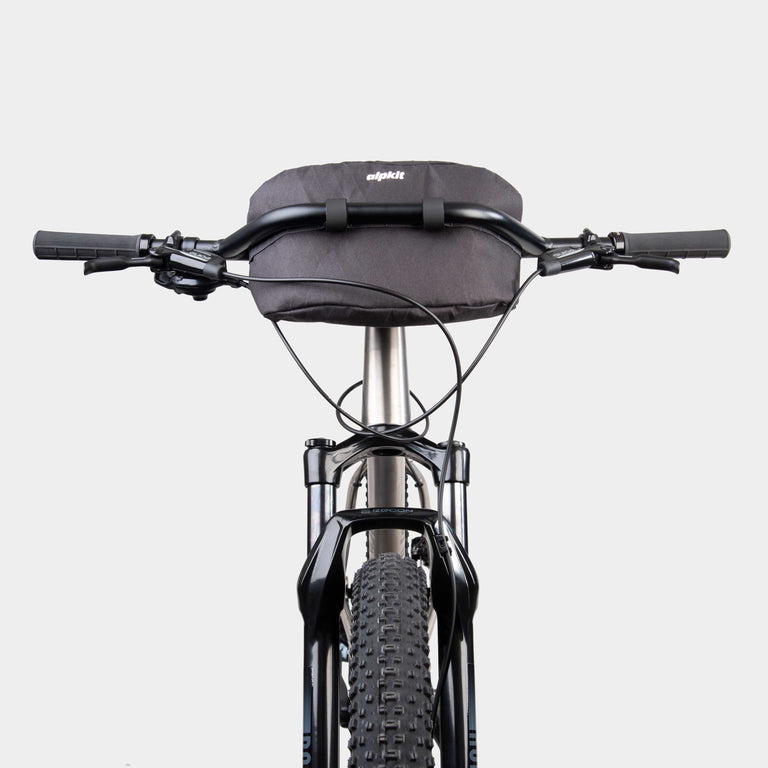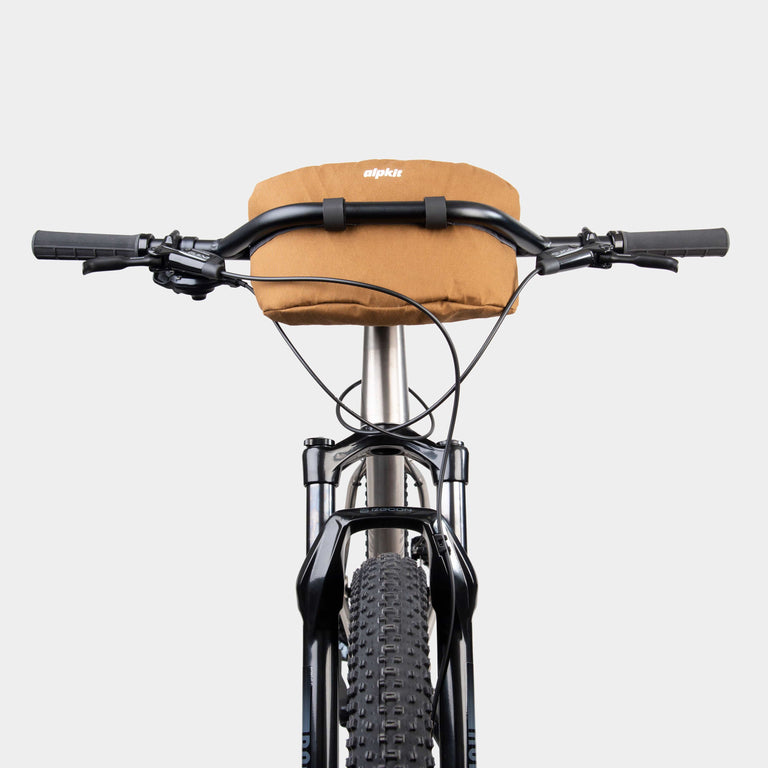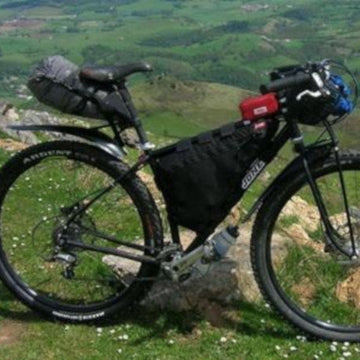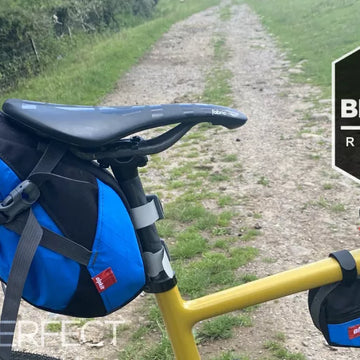
Itzi Aldecoa Tamayo swaps from a cycle touring set up to a UK made bikepacking luggage set up.
Itzi Aldecoa Tamayo gives us a run on bikepacking set ups.
Oh, packing! It is so interesting how the dullest activity becomes fun when it is for an adventure. I never thought I would get excited about it and here I am, talking about bags and compartments. Truth be told, sometimes I wonder whether I have become a bikepacker just to prove my mum wrong and show her that so many hours playing Tetris when I was a kid were not in vain.

After trying many packing setups in the last couple of years, I have finally made up my mind and my setup of choice is now the bikepacking one. It was not easy, I did not want to let go of the panniers. I had used them for years and I feared I was not going to be able to take as many things as I needed, which is a big problem if you enjoy bikepacking alone for weeks.
Everyone I knew back then who used this setup owns the smallest sleeping bag and the most expensive gear, so I thought that fitting my bulky equipment in such small bags was impossible. I had yet to discover that the bikepacking setup is the cycling version of Mary Poppins’ magic bag, but instead of pulling a hat stand out of a carpet bag, one pulls a two-person tent out of a front bag. bikepacking bags are also very versatile, since you can decide how many you need for a particular trip and leave the rest at home (or fill them with snacks, your choice).
One of my favourite things in this world - I warned you, the excitement is real and arguably over the top - is the amount of compartments and different levels of access that inherently come with a bikepacking setup. I am a scientist and I inevitably compartmentalize everything, so being able to separate all my gear based on what it is and when I will need it is paradise. I always know where everything is and it helps me keep my mess localized.
My saddle bag and front bag have things that I only need when I set camp so they are left untouched during the day, which is quite useful in winter when it is wet. It has also proved to be a very efficient method to control my habit of losing things every time I open a bag to look for something.

Now, let's talk about something that everyone here finds interesting: riding. I personally rarely cycle unloaded, which is why it is very important for me that the bags do not hinder my riding. One of my many talents is planning routes with closed gates, unrideable terrain and hike-a-bike sections. Panniers in those three scenarios are suboptimal, to say the least. With the bikepacking setup the bike only feels heavier, but besides that, the load is balanced and it is not in your way.
If you tighten the bags well enough, they do not jiggle at all and the bike feels just as stable. There are a few caveats that ought to be mentioned, one of them being that my terrible skills when sending it down techy single tracks are now officially attributed to my lack of balance and chicken nature, and not to the rear of my bike being more loaded or the pannier getting stuck in the bush.

Needless to say, this is such a personal decision. We all have different needs, equipment and taste, plus adventures can be very different. Bags are not only a big investment, but any purchase should always be a big deal for the sake of the planet. I recommend everyone who has not yet found their favourite setup to test as many combinations as possible before buying anything.
Ask your friends or your local bike shop if they have any bags that you could borrow or rent, and take them out for an overnighter. Test them on different terrains to make sure you feel comfortable and balanced. And make sure you have plenty of space for snacks, that is the most important bit. As Tegan Phillips says, “what goes up must have snacks”.
